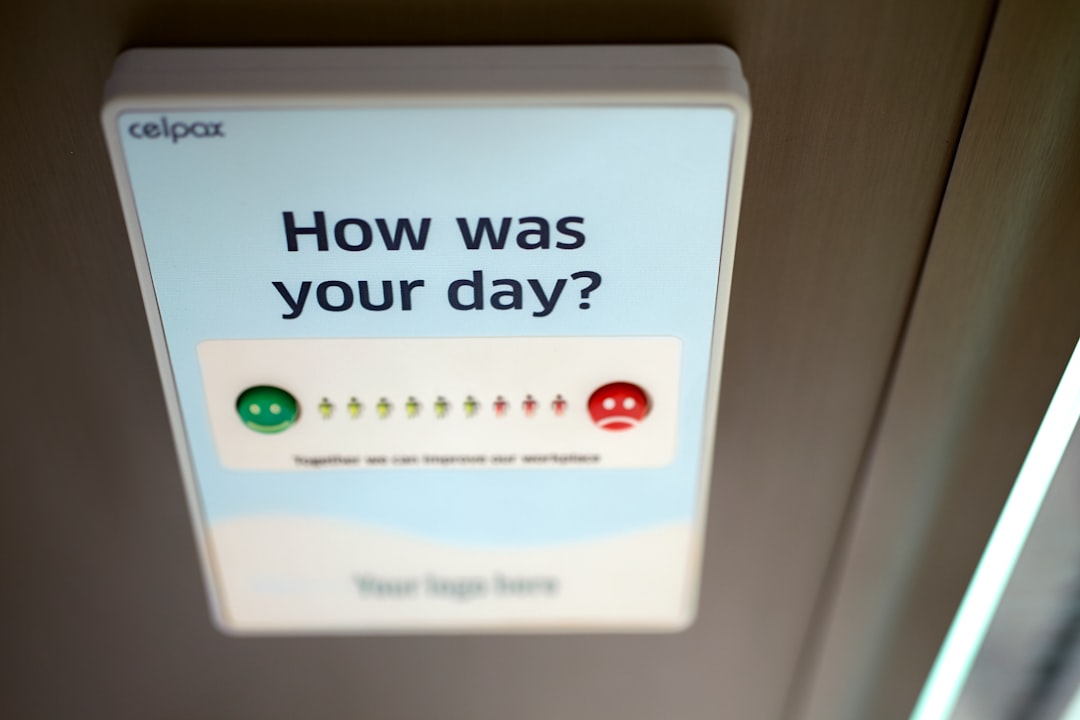What is it about?
Many college students who are non-drinkers struggle socially because they don't want to drink, but they also don't want to be ostracized or isolated. The study investigated the experiences of non-drinking college students and concluded: 1. Students have solid reasons not to drink, but those reasons are not always credible to drinkers (illegal activity for underage drinkers, concern over health issues, wanting to stay in control, needing to focus on academics, etc.). 2. Non-drinkers feel they are outliers who are going against the norm. They have to counter the images in the media that equate drinking with fun (think Animal House). 3. Being a non-drinker can take a toll on relationships. Drinking is often the easiest way to make friends, so non-drinkers have to find other ways to fit in. An added complication is a level of mistrust between drinkers and non-drinkers. 4. Non-drinkers have to learn how to decline a drink. Various strategies exist (coming out, faking it, making excuses), but it takes practice to find the right strategy.
Featured Image

Photo by Giovanna Gomes on Unsplash
Why is it important?
By understanding their experiences, colleges and universities can do better in supporting non-drinkers and develop campaigns that are targeted to their needs.
Perspectives
It was fascinating to listen to the stories of students who want to be true to their values but who do not want to risk coming across as a "loser."
Joyce Wolburg
Marquette University
Read the Original
This page is a summary of: Non‐drinking 101: How non‐drinkers navigate the drinking culture on a college campus, Journal of Consumer Affairs, July 2022, Wiley,
DOI: 10.1111/joca.12466.
You can read the full text:
Contributors
The following have contributed to this page










